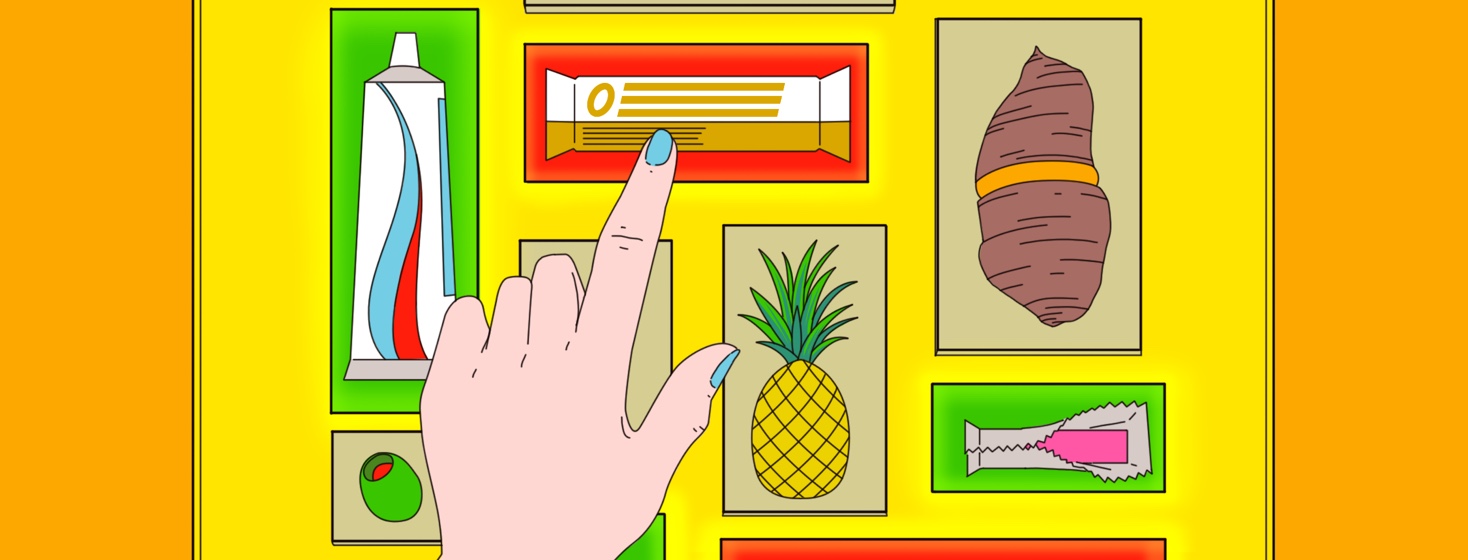What I’ve Learned About Sugar Alcohols
First, let’s “celebrate.” I apparently have a new potential IBS trigger. Yay!
I’d never had trouble with sugar alcohols in the past. But recently, after eating a favorite brand of low-carb protein bar (whose name rhymes with “crest”), I had a nasty, painful flare-up that lasted a couple of days and really took me by surprise. Why now, after all these years? I don’t know. That’s part of the fun of IBS, I guess.
I’m far from the only one who reacts to sugar alcohols (let’s call them SAs for short). They are well known to produce issues such as gas, bloating, and diarrhea in some people, and some of those people are no doubt in our IBS tribe. Now that I apparently can’t ignore them, I did some research into what the heck SAs are, anyway.
All I knew was:
- They’re artificial sweeteners with a low-carb profile, making them popular in products for dieters and people with diabetes.
- They could cause stomach upset for some people – including me, apparently.
Here’s the skinny...
What are sugar alcohols?
SAs are carbohydrates that chemically look a little like sugar and a little like alcohol but are actually neither one.
They’re technically known as polyols – aka, the P in FODMAPs, an acronym for several types of carbs that are shown to cause digestive symptoms like gas, bloating, stomach pain, diarrhea, and constipation. (Read more about FODMAPs and trying a low-FODMAP diet.)
Why do people like sugar alcohols?
Like other FODMAPs, SAs are resistant to digestion and not absorbed into the bloodstream. That’s why they don’t spike your blood sugar – hence their popularity with people who need to manage their glucose levels, such as those living with diabetes.
Dieters like them too, because SAs don’t count as net carbs in your protein bar and provide only one-half to one-third the calories of regular sugar. (I always felt that was cheating somehow…)
SAs don’t cause cavities either, which is why they’re popular sweeteners for things like sugar-free candy and gum, and even toothpaste. Xylitol is apparently known to kill mouth bacteria, making it a useful tool in cavity prevention.
Understanding sugar alcohols
They’re easy to recognize on food labels because many of them end in “ol.” Common ones include erythritol, sorbitol, lactitol, xylitol, and mannitol.
I always thought they were manmade (which I perceive to be a negative). And they can be made by synthetically adding hydrogen molecules to certain sugars. But they’re found naturally in some plants, too. Mannitol is in pineapples, olives, asparagus, sweet potatoes, and carrots. Sorbitol is found naturally in fruits and vegetables. Xylitol is sometimes called "wood sugar" and occurs naturally in a large number of food items, including corncobs, fruit, vegetables, some cereals, and mushrooms.
I’d also thought that SAs were what left a bitter aftertaste when I consumed some “diet” foods. But everything I’ve read says SAs are as sweet as sugar. So, it must have been some other chemical to blame.
When I started looking at food labels, I was surprised to see how many things SAs are in. A rule of thumb: If the packaging states “no added sugar” or “sugar-free,” check for SAs. If SAs are used, the manufacturer has to break out the number grams as a subset of the carbs.
What is the deal with sugar alcohols?
So, are SAs good or bad? They’re not categorically “bad,” as I’d once thought. They’re in a lot of processed foods, yes. But they’re also in pineapple. And clearly I’ve been eating them for years. It was only in that protein bar they give me a bad ride.
Now I’m on the lookout for them and will see if I have reactions to other SA-containing products. Other FODMAPs haven’t given me trouble before, but maybe I’m just starting from “polyols” and working my way forward. (Let’s hope not!)
What about you? Are SAs your sweet friend or bitter foe?

Join the conversation